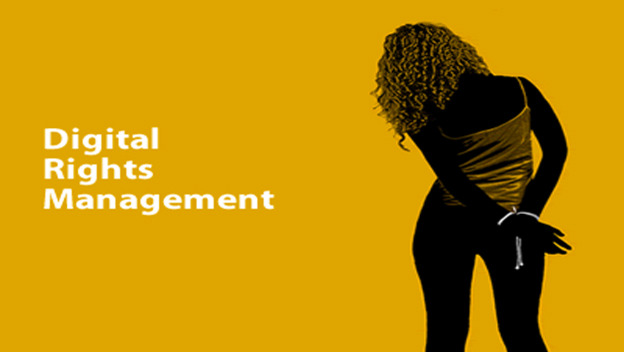Here’s a confession for you: I don’t use Steam. In fact, I refuse to. Besides only having a medium-powered laptop that can’t handle much of anything available for consoles, I am also staunchly opposed to DRM. I’m sure Valve has only the best of intentions for their customer base and consumers in general, but DRM is DRM. If I buy something, I want to own it. I know that’s an antiquated notion in 2014, but that’s just how I am. Luckily, that’s where services like GOG come into play. If I’m going to buy digital, I don’t want to have a mandatory online connection just to play.
GOG is a company with a stance I really support. To paraphrase, they believe that DRM doesn’t hurt pirates at all; in truth, it actually only affects paying customers. They couldn’t be more right. If someone wants to steal something digitally, they’re going to do it. No matter how much DRM or other obstacles you put in their way, eventually they’re going to crack it. Loyal paying customers on the other hand have no choice but to jump through unnecessary hoop after unnecessary hoop just to enjoy something they’ve paid good money for.
This was a harsh lesson we saw Microsoft learn prior to the release of the X-Box One (where an always-online connection just to use the system was a very real possibility), and a few years ago publishers like Ubisoft had their own issues with DRM for PC releases of titles such as various entries in the Assassin’s Creed series, among others. Valve gets a pass with users because of the respect they have for their user-base and because of the huge sales they offer on a regular basis. For other companies, however, DRM has become the proverbial ball and chain attached to their ankles. No one likes it, no one wants it, and in just about every case, it hinders instead of helps honest customers the world over.

There will always be thieves and pirates, and there will always be a million different reasons for why they pirate games. That’s never going to change. What can change is how publishers deal with the situation. They can either accept that if someone doesn’t want to give them money, they’re never going to get it… or, they can keep doing what they’re doing, and continue to upset and drive away their loyal paying customers. Getting rid of DRM all together, as companies like GOG have, is one of the smartest ways to proceed as we enter into an increasingly digital-only age.
